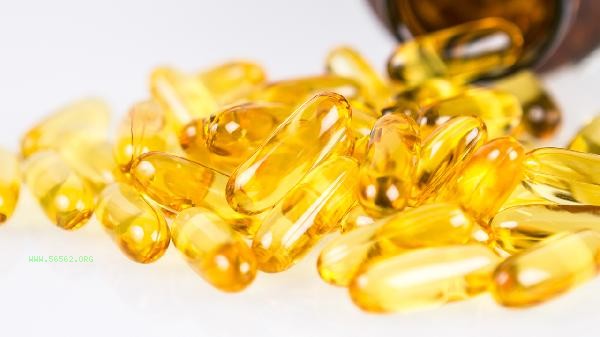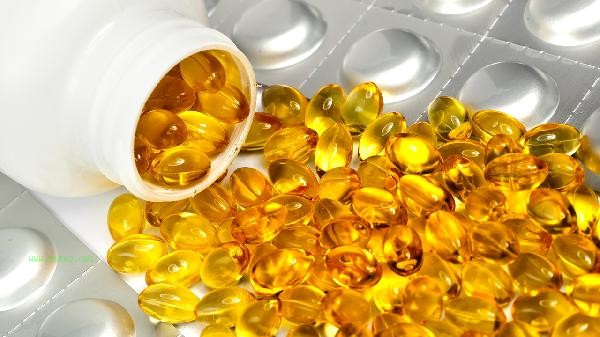Moderate supplementation of vitamin C can help enhance immunity, promote collagen synthesis, and antioxidant properties. The best sources of vitamin C are mainly fresh fruits, dark vegetables, potatoes, animal liver, and fortified foods.

1. Fresh Fruits
Citrus fruits such as oranges, pomelos, and lemons are rich in vitamin C, with approximately 30-50 milligrams per 100 grams of flesh. Kiwi fruit has a higher vitamin C content, with a single medium-sized kiwi fruit providing about 70 milligrams. Strawberries, guava and other berries are also high-quality choices, with high bioavailability of vitamin C, suitable for direct consumption or juice extraction for drinking.
2. Dark vegetables
Dark vegetables such as broccoli, bell peppers, and kale are rich in vitamin C. 100 grams of bell peppers can provide 80-100 milligrams. When cooking, it is recommended to stir fry quickly or mix cold, as prolonged boiling at high temperatures can lead to a significant loss of vitamin C. Raw vegetables such as purple cabbage can retain more nutrients.
3. Potatoes
Potatoes, sweet potatoes, and other potato based ingredients have a vitamin C content of about 20-30 milligrams per 100 grams. Although the content is not as high as that of fruits, the intake of vitamin C as a staple food is relatively high. Steaming with skin can reduce nutrient loss, and the vitamin C retention rate of cooked potatoes can reach about 70%.

4. Animal liver
Pig liver, chicken liver and other animal liver contain a small amount of vitamin C, about 10-20 milligrams per 100 grams, while providing heme iron and vitamin A. It is recommended to consume 1-2 times a week, blanch and stir fry quickly to reduce cholesterol intake, suitable for anemic people to supplement nutrition.
5. Fortified foods
Some grain breakfasts and fruit juice drinks will add vitamin C, and you need to check the nutrition chart when choosing. This type of food can be used as a dietary supplement, but it is not suitable to replace natural foods. Attention should be paid to controlling the intake of added sugar, and diabetes patients should choose carefully.

It is recommended to prioritize obtaining vitamin C from natural foods in daily diet. The recommended daily intake for adults is 100 milligrams, with a maximum limit of 2000 milligrams. Smokers, postoperative recovered individuals, and pregnant women can increase their intake appropriately. Avoid taking vitamin C supplements on an empty stomach for a long time, as individuals with gastrointestinal sensitivity may experience acid reflux symptoms. Reduce the soaking time of ingredients during cooking and use methods such as rapid fire and stir frying to maximize nutrient retention. If there are symptoms of vitamin C deficiency such as gum bleeding and slow wound healing, timely medical evaluation should be sought.



Comments (0)
Leave a Comment
No comments yet
Be the first to share your thoughts!